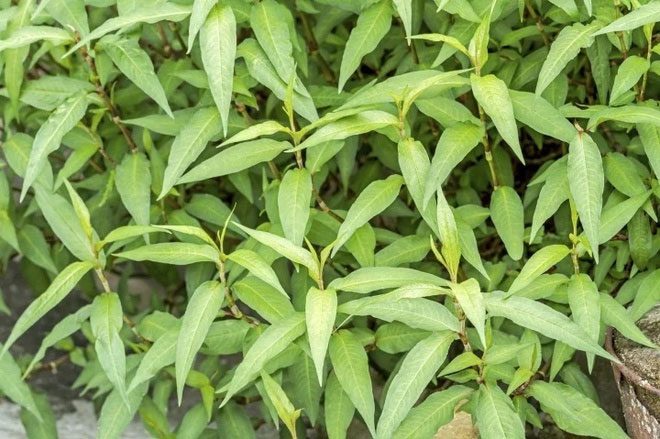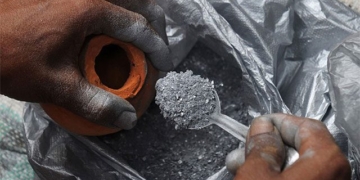What are the benefits of Vietnamese coriander? This is a concern for many people, and we invite you to read the article below.
Vietnamese coriander, known as “rau răm,” is a popular herb in the daily diet of Vietnamese people. Not only is it delicious, but it is also recognized for its health benefits. So, what are the benefits of Vietnamese coriander?
Overview of Vietnamese Coriander
In Traditional Chinese Medicine, Vietnamese coriander is valued for its anti-inflammatory properties, ability to stimulate digestion, dispel cold and wind, and detoxify the body.
The entire plant can be used, whether fresh or dried, and can be consumed alone or combined with other herbs. It can be used fresh, dried, or ground to extract juice for drinking, with the residue applied externally. Dried leaves can be boiled for tea. Vietnamese coriander is non-toxic.

Vietnamese coriander is a popular herb among Vietnamese people.
What Are the Benefits of Vietnamese Coriander?
Here are some amazing health benefits of Vietnamese coriander:
Supports Digestion
The warming properties of Vietnamese coriander help enhance the digestive process, aiding in the treatment and alleviation of digestive issues such as bloating and gas.
How to use: Take a handful of Vietnamese coriander, wash it thoroughly, and grind it into a liquid to drink. The leftover pulp can be applied around the navel. After some time, you will notice positive changes in your body.
Treats Colds and Flu
Vietnamese coriander is considered very beneficial for treating colds and flu, making it an ideal remedy for those suffering from these ailments.
How to use: Wash a handful of Vietnamese coriander, pound it with fresh ginger, add a little clean water, and then filter the mixture to create a medicinal drink.
Antifungal Properties
Vietnamese coriander also has antifungal effects, particularly for treating athlete’s foot, which can result from prolonged exposure to dirty water.
Additionally, fungi can occur in individuals who wear shoes all day, especially office workers.
How to use: Wash the leaves; grind them into a liquid and apply to the affected area. Alternatively, you can use the pulp as a poultice. Remember never to let the wound come into contact with water.
Treats Bruises and Swelling
Vietnamese coriander has healing properties that alleviate pain from bruises and swelling resulting from injuries.
How to use: Wash a handful of Vietnamese coriander, blend it with camphor, then apply the mixture to the wound and secure it with a clean bandage.
Supports Skin Issues
In addition to the benefits mentioned above, Vietnamese coriander is also an excellent herb for skincare. Due to its anti-inflammatory and detoxifying effects, it is considered a natural remedy for acne and for tightening pores.
How to use: Mash a handful of cleaned Vietnamese coriander, then mix it with a little salt. For treating acne, apply the pulp and secure it with a bandage. It’s advised to change the pulp once a day.
Treats Tinea Versicolor in Infants
Vietnamese coriander is highly effective in treating tinea versicolor in infants.
How to use: Crush the leaves and mix them with a little alcohol. Then, gently apply the mixture to the affected areas of skin. Clean the skin after about 5 minutes. Apply this treatment 2 or 3 times a day for best results.
Vietnamese coriander has very practical applications in daily life. Therefore, every household should consider growing a small patch near a water source for easy access when needed.


















































